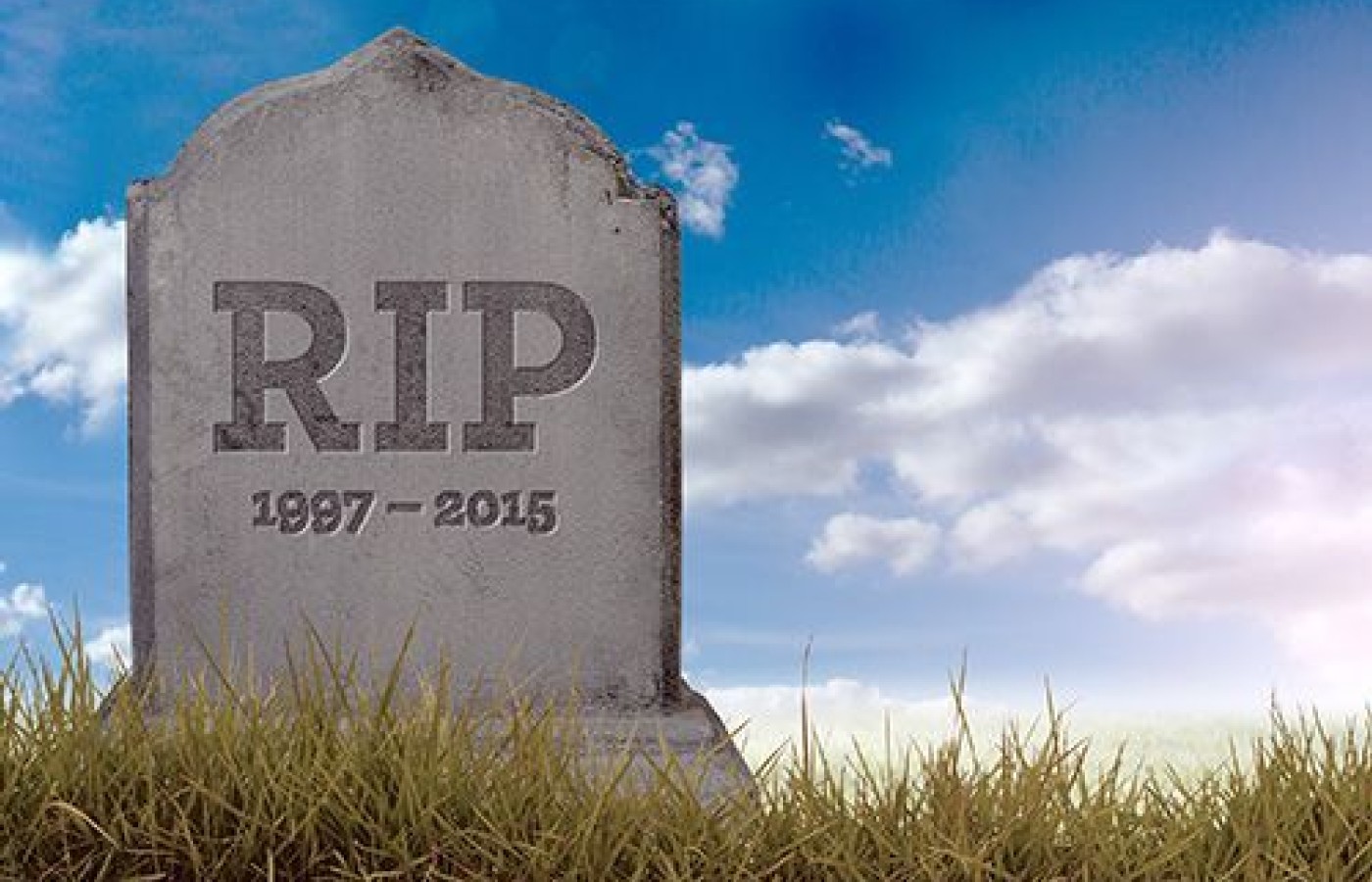It’s a new year and many chiropractors are evaluating what will enhance their respective practices, particularly as it relates to their bottom line. One of the most common questions I get is: “Do I need to be credentialed to bill insurance, and what are the best plans to join?” It’s a loaded question – but one every DC ponders. Whether you're already in-network or pondering whether to join, here's what you need to know.
The Sustainable Growth Rate Formula Is Dead
On April 14, 2015, the Senate passed H.R. 2, the Medicare Access and CHIP Reauthorization Act of 2015 – legislation that, once and for all, eliminates the Sustainable Growth Rate formula and the annual threat of 20 percent-plus cuts in our Medicare fees. President Obama signed the bill into law three days later. This is great news – but wait, as the man on TV would say, there's more. The 95-page final version of this legislation includes four pages devoted to chiropractic. As with any other legislation, there are some good elements and bad elements to deal with.
The item you have probably already heard about is the need for prior authorization for Medicare visits. I know how rumors spread and the reality is probably not nearly as bad as the rumor. Prior authorization will be required for care when the doctor has an 85 percent or higher error rate or when the doctor's pattern of billing is aberrant compared to peers, and when the episode of care exceeds 12 visits.
Overall, that's not really so bad. Frankly, if someone is getting only 15 out of 100 claims paid (or less), then there are problems that do need to be watched and corrected. The law states that the prior authorization will end when it is determined that the doctor has a low denial rate. Prior authorization means the care is authorized before it is rendered to the patient and payment will be denied if the prior authorization is not received. You can request authorization for multiple visits and submit the request by fax, mail or electronically. If you do not receive a response to the authorization request within 14 business days of receipt, the claim cannot be denied. The review of these requests can be by the Medicare Administrative Contractor or any other contractor deemed appropriate, except a Recovery Audit Contractor. This is good since the RACs are paid on commission and may well deny more service than would otherwise be appropriate. There will be an interim final rule with a comment period to implement this provision.

The next provision has the potential to be fantastic for the profession if handled properly. Subsection B is titled, "Improving Documentation of Services," and contains the following:
"The Secretary of Health and Human Services shall, in consultation with stakeholders (including the American Chiropractic Association) and representatives of Medicare Administrative Contractors (as defined in section 1874A(a)(3)(A) of the Social Security Act (42 U.S.C. 1395kk–1(a)(3)(A))), develop educational and training programs to improve the ability of chiropractors to provide documentation to the Secretary of services described in section 1861(r)(5) in a manner that demonstrates that such services are, in accordance with section 1862(a)(1) of such Act (42 U.S.C. 1395y(a)(1)), reasonable and necessary for the diagnosis or treatment of illness or injury or to improve the functioning of a malformed body member."
Finally, CMS and the Medicare Administrative Contractors will work with representatives of the chiropractic profession to develop documentation standards for chiropractic. My first reaction upon reading this was, It's about time. Frankly, this should have happened in 2006 after the highly critical 2005 OIG report on chiropractic. There was another opportunity for this to happen in 2010 after the even more critical 2009 OIG report on chiropractic. It did not happen then but it is happening now and that is a good thing as long as the ACA is inclusive and brings the best and brightest of the profession together to develop a consensus before developing the educational and training programs.
The ACA has done a lot of important legislative work in the past, including getting this provision added to this H.R. 2. The challenge is that in my opinion, the association lacks trained and certified individuals in those areas (compliance and coding) who can provide solid background information for dealing with Medicare. This problem can be easily remedied by reaching out to trained and certified professionals in the field. This project is too important to be left to a small group. The ACA needs to bring in doctors who are trained, certified and experienced at teaching and writing about Medicare. We have one chance to get this right. If we get this wrong, the profession will be feeling the ill effects for decades to come.
Editor's Note: To review the legislation in its entirety including Section 514. Oversight of Medicare Coverage of Manual Manipulation of the Spine to Correct Subluxation, click here.



